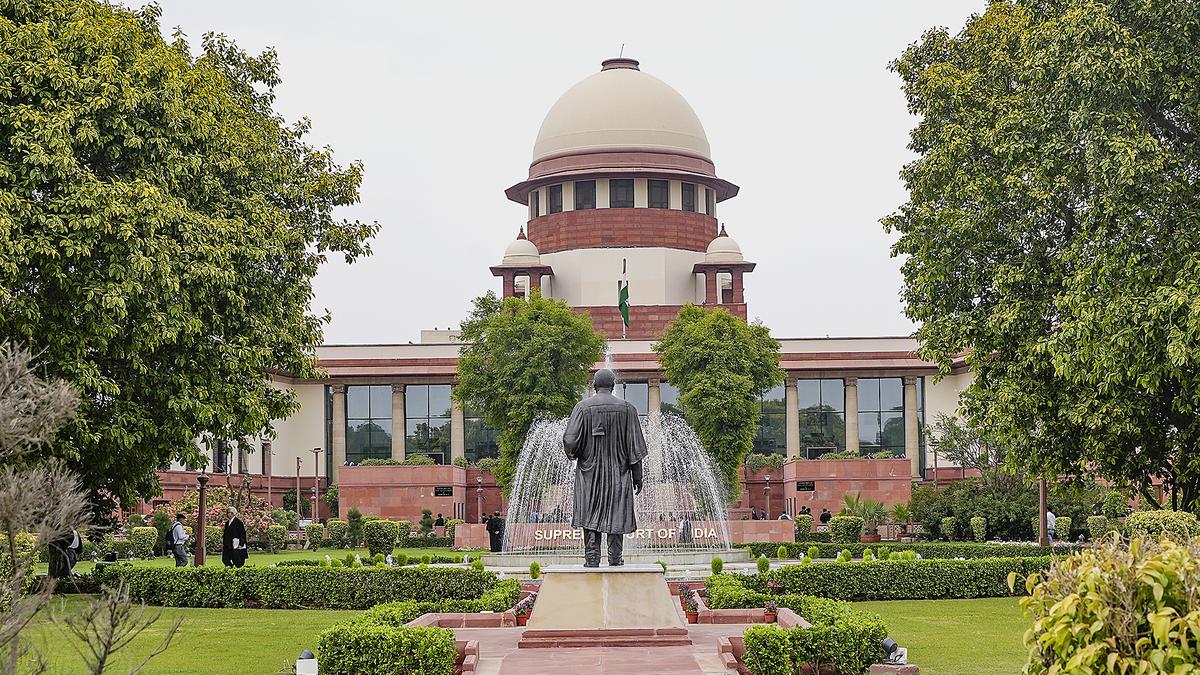Senior advocate Kapil Sibal has taken a firm stand against the Centre's proposal during the Supreme Court hearings regarding the
Waqf (Amendment) Act. He contends that the Act, which was recently notified after receiving presidential assent, poses significant constitutional questions that cannot be resolved in a piecemeal fashion.
The Centre has urged the court to limit discussions to three specific issues, including the power to denotify properties declared as waqf by courts and the composition of state waqf boards. However, Sibal argues that the Act is fundamentally flawed, stating,
“The law is designed in such a way that Waqf property is taken away without following any process.”Sibal further highlighted that the new law allows any village panchayat or private individual to raise grievances, which could lead to the loss of waqf status for properties. This has raised alarms among over
100 petitioners who claim the amendments infringe upon the rights of Muslims and threaten minority rights.
The Chief Justice of India, BR Gavai, noted the presumption of constitutionality in legislation passed by Parliament, stating,
“Courts cannot interfere unless a glaring case is made out.” The ongoing hearings reflect a significant legal battle over the implications of the Waqf Amendment Act, which has already sparked protests across the country.
As the hearings progress, the Kerala government has also indicated its intention to challenge the Act's constitutional validity, further complicating the legal landscape surrounding this contentious issue.
Senior advocate Kapil Sibal challenged the Centre's proposal during Supreme Court hearings on the Waqf (Amendment) Act, arguing that the matter involves constitutional questions that cannot be addressed piecemeal. Over 100 petitioners contend the Act infringes on Muslim rights, sparking widespread protests.


